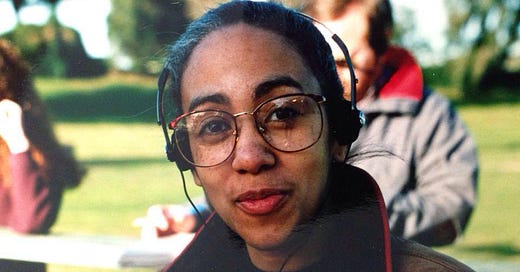
Over the past two years, we have published groundbreaking reporting on assisted dying laws in the Netherlands, Canada and, more recently, the UK. For today, we are offering a different way into this morally complex topic: a deeply personal essay by our columnist, Coleman Hughes, about the end of his mother’s life—and how it shaped his support of such legislation.
I was 11 or 12 years old when my father called me into the kitchen to break the news. My mother was by his side weeping. “I feel like my body has betrayed me,” she said. She had been diagnosed with breast cancer.
My mother was the healthiest person I have ever met. I never saw her have a drink, except perhaps on New Year’s Eve, and then only half a glass of champagne. She preferred to drink pure vegetable juice daily—a brutal, homemade concoction that she refused to cut with anything sweet. A talented yogi, she had an endearing habit of breaking into headstands almost at random. At 50 years old, she looked 35 at most.
But not even the world’s healthiest lifestyle could protect against a disease that strikes 1 in 8 women, sometimes as a result of genetic predisposition. Whatever the underlying cause of its onset, her tumor was swiftly extinguished through the miracles of modern medicine, which have cut the breast cancer mortality rate by 58 percent from 1975 to 2019. By the time I entered high school, she seemed healthy again—back to daily vegetable juice, yoga, and working on her PhD dissertation. Her skin was glowing. All was right in the world again.
Until one day she disappeared.














